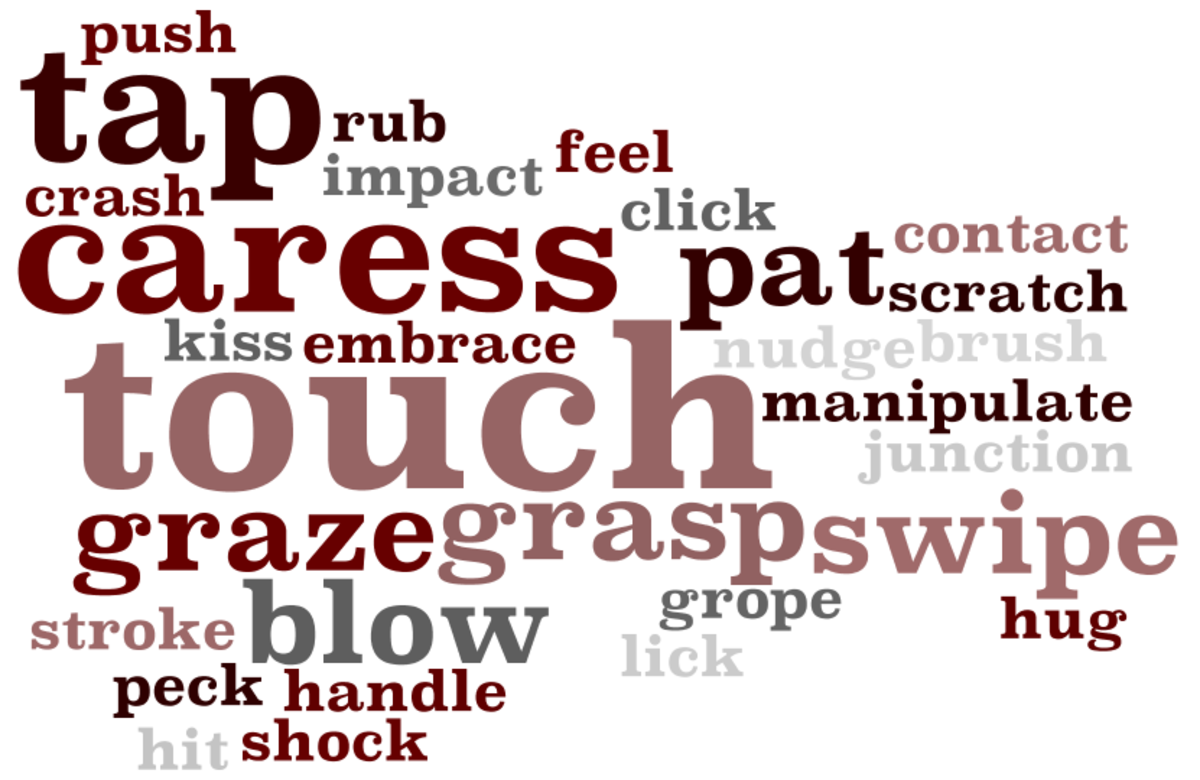Spanish Lesson Seventy-Eight: Prefixes

Hi Friends!
Welcome to Monday again! I know... it's not the most glamorous of days, but it's a day to learn Spanish! Last week, we discussed the awesome topic of "Making Comparisons". If anyone saw that as a useful lesson, please let me know! Some of those things I had never known before so I'm glad I got to review and teach that topic to you all. We're coming up close to lesson Eighty. We'll be discussing another compound tense and I'm super excited about giving you all the opportunity to learn it!
This week we're going to review "Prefixes". I'll explain as we go on what I mean about that.

- To Be Able to recognize common prefixes in the Spanish language
- To Be Able to determine the meaning of a word based off of its prefix
- To Apply knowledge of prefixes to everyday learning environment
Are You Bilingual?
Prefixes?
Hey Friends,
So I mentioned earlier that we'd talk about "prefixes". Yes, they're just like the ones in English.. Anti-, Co-, A-, Mis-, Ex-... things like that right? Spanish has very similar, if not the same, prefixes that can help you determine a word's meaning by its prefix. So today, I'm going to teach you these prefixes so that if a word comes by you, you'll be able to come close to its definition. We'll discuss Suffixes on a later day. I'm not sure when, but I'll fit them into a lesson soon.
Anyway, take a look at today's vocabulary that introduces you to the Spanish prefixes and their meanings and I'll give you some examples of such words. That way, you'll be able to see them in context. Good luck today!

Prefix
| Spanish Meaning
|
|---|---|
Ante-
| Before
|
Anti-
| Against
|
Auto-
| Self
|
Bi-,Bis-,Biz-
| Two
|
Cent-
| Hundred
|
Contra-
| Against
|
Con-
| With
|
Des-
| Undo, Diminish
|
Entre-
| Between, Among
|
Ex-
| Former, Outside
|
Homo-
| Same
|
Im-,In-
| Opposite
|
Inter-
| Between, Among
|
Mal-
| Bad
|
Mono-
| One
|
Today's Vocabulary
Hey Friends,
If you'll look to your right, you'll find all the prefixes that are important enough to mention. There are around thirty in all and they will all show up in common, everyday, Spanish words. Take a glance at it all and learn some of the prefixes. The easiest way to know these is by looking at our English counterparts. See any similarities?
In fact, a great deal of these match their counterparts in English. So if you know you're English prefixes, you can probably figure out the meanings of their English counterparts. Spanish has a lot of Cognates... words that look like ours and pretty much mean the same. So there won't be any confusion going in. Also, another note, is that these prefixes can come before a noun or a verb. So there are many ways you'll see these prefixes. Let's review them, shall we?
Prefix
| Spanish Meaning
|
|---|---|
Para-
| Together, With, For
|
Poli-
| Many
|
Pro-
| In Favor Of
|
Re-
| Again, With Intensity
|
Semi-
| Medium, Half
|
Suedo-
| False
|
Sobre-
| Excessive, Extraordinary
|
Sub-
| Under
|
Tele-
| At Distance
|
Uni-
| One
|
Recognizing Spanish Prefixes
Hey Friends,
Thanks so much for reading this week's lesson! If you'll look at the list of prefixes, each of them have a specific meaning or connotation that must be realized when reading a word. Sometimes you'll find words that begin with those prefixes. The real task, now, is to figure out the words meaning by breaking it apart. Think about all the examples on the links below.
When you stumble upon a word you don't quite recognize, see if you can find the nearly noun or verb before anything. I'd like to name this the "root" of the word, the heaviest chunk of the word in front of you. Then take a look at the prefix of such a word and see if you can figure it out. I know I'm guilty of forgetting this technique. Lets check out some examples.
Ayer = Yesterday. It's pretty obvious that we know that Ayer means "Yesterday" right? What about... Anteayer. Could you figure out the meaning by looking at it? How about if we break it up.
Ante + Ayer = (Before) Yesterday. Anteayer means "Day Before Yesterday". Look below at how I've broken up these words to get a better idea of their meaning. I think everyone should do this when looking at a word for the first time. Do you see how this works? Do you understand how verb and noun meanings can be determined based on their prefix and "root"?
Desobediente = Des + Obediente = (Undo) Obedient = Disobedient
Proponer = Pro + Poner = (In Favor Of) Put On...= To Propose
Sobrevivir = Sobre + Vivir = (Extraordinary, Excessive) To Live = To Survive
Supermercado = Super + Mercado = (Superior) Market = Supermarket
If you look at your words in another way, you'll have a better idea of their meaning and structure. It's most helpful when you're reading through and a word stumbles you. There are still quite a few words I don't know, but based off their structure, I am able to ascertain their meaning. I encourage everyone to do this when they can!
Thanks so much for reading this week and I hope you all enjoy the rest of your Monday! Oh! Next week we're going to discuss Superlatives. Super important! Come back for that!
- Building Your Spanish Vocabulary: Prefixes
Spanish and English share many prefixes. Understanding them can help you learn more Spanish words. - Spanish Language Shenanigans
Spanish Prefixes (in Verbs) Certain prefixes in Spanish evoke a general mood when the word is read. Just like in English, Spanish verbs are sometimes a combination of thoughts. Understanding many of... - Spanish Advanced Lesson 31 Spanish prefixes and suffixes - Prefijos y sufijos (Part 1) - YouTube
Visit http://www.thespanishblog.com to watch all my Spanish lessons
© 2014 AE Williams







